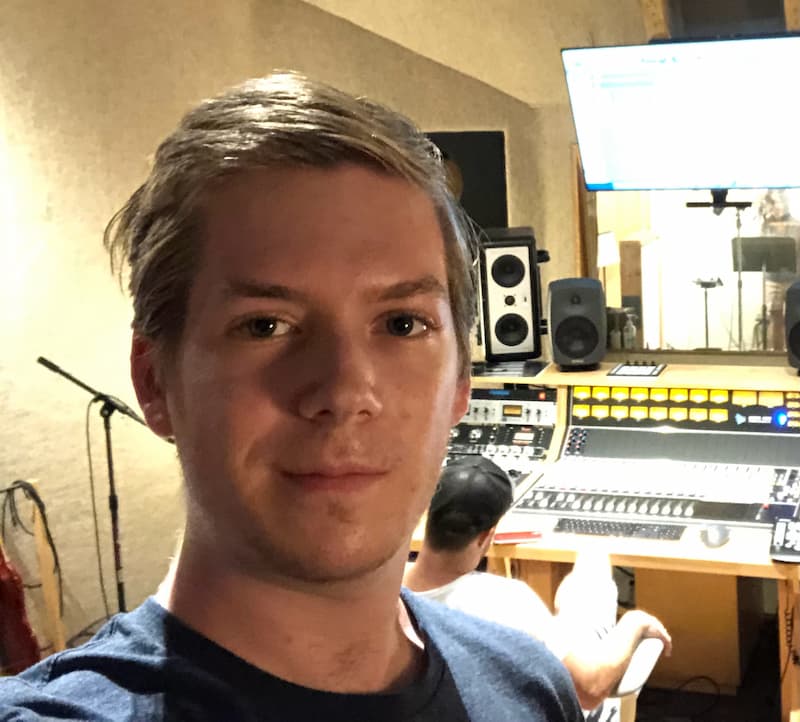
Getting to the Core of Stress & Anxiety
By Evan Boxer-Cook
When Stress Gets Triggered
When the COVID lockdown first began, I had roughly three months of school left. Though we were told the lockdown would constitute nothing more than a two-week break from school, it persisted. Week after week, month after month, the quarantine was extended. After the initial two weeks, teachers began setting up the infrastructure for remote lessons. My classes and study halls were hosted through Google Meet, my assignments were distributed and collected through Google Classroom, and my anxiety spiked.
My routine had been completely uprooted. As courses were restructured to fit the new format, I found myself struggling to keep a level head as I slogged through the days, feeling overwhelmed by each teacher’s weekly workload.
The way work was structured during this period was simple yet daunting:
every week, typically within the first few days, teachers would assign the entirety of their coursework. This system was very new to me, and on top of the inherent challenges of switching to a new homework structure midway through the year, I felt as though this method was specifically designed to prod at my anxieties.
A History of Stress
I’ve always been prone to stress; large or long-term assignments and tasks are frequent triggers. During the early days of distance learning, I was bombarded with assignments and deadlines, essentially being supplied with a new mountain of stresses and anxieties each week, which lasted until the following one. Some assignments were simple, others more difficult. What made me anxious was the knowledge that there was a pile of work weighing my week down, and that I was responsible for figuring out how and when to get it done. This often left me feeling like I was running out of time and wouldn’t be able to complete everything.
Repeat that for roughly two months, and you get the picture.
That, however, is when things started to change.
At this point, having settled into the pattern, I noticed something: I was consistently finishing my entire week of work before Wednesday, sometimes even earlier.
While I was clearly efficient in my work, maintaining high 90’s in every class, I was still under constant stress. This stress wasn’t a result of any self-imposed pressure, but instead seemed to stem from the mere fact that there was work to be done.
I stepped back.
To my surprise, my stress seemed to result from a lack of self-confidence.
Anxiety and Self-Confidence
The work wasn’t inherently stressful, nor were the reasonable deadlines (I consistently passed in work days or even weeks before it was due), no, the stress came from me underestimating my abilities, my efficiency, and my work ethic. I was more than capable of thriving under this system as I had been for months, but I wasn’t allowing myself to see that success. Instead, I had been focused solely on my stress, not crediting myself on all that I was accomplishing. I realized that my stress existed only because I wasn’t letting myself see how productive and capable I was really being.
Everything fell into place.
Having gained an understanding of my stress, it diminished. I continued to consistently complete my assignments before the midweek mark, while now also enjoying a freer mind and deeper focus. During this period, I felt like my high-functioning autism was an asset. To combat my remaining stress, I made lists of tasks, created a productive space, and maintained self-discipline. I finished the school year strong, equipped with a heightened sense of self-confidence, an acute knowledge of time management, and the understanding that the only thing holding me down was my own self-doubt.
Finding the Core
To anyone struggling with stress or anxiety, academic or otherwise, I pose a question:
Where is it really coming from? I’ve come to realize that once you identify the core of the issue at hand, working through it becomes much easier. Additionally, here are some tips I use to help manage stress:
- Make lists. It may be cliche, but the act of crossing off listed items can provide a much-needed sense of accomplishment following each task (no matter how small).
- Take breaks. Everyone has their own pace. Set up a comfortable rhythm of productivity and rest.
- Map out tasks. By laying out the day’s tasks visually, you may find that they become more manageable. I keep a list of all my pressing to-do’s, ordered by descending importance. Assigning each one to a specific hour of the day might also help keep you on track.
- Know yourself. Not everyone can work around the clock. Find out what time of day is most conducive to your productivity and center your schedule around those hours.
- Don’t force productivity. This tip is intertwined with the previous one: if you sit down to work and find yourself struggling, feel free to take a short break to regain your focus. Sometimes you’ll find yourself wanting/needing to be productive, but sometimes that energy needs to be awakened first.
When it comes to managing stress in your life, know that each challenge, no matter how daunting, is temporary and can be overcome.
Evan Boxer-Cook www.Thornographer.com

Evan Boxer-Cook is a Maine high school student with high-functioning autism who enjoys drawing, vintage lego, reading, and writing about himself in the third person. He has a particular interest in creating fantasy worlds and characters, and as such has crafted multiple multiverse-spanning storylines featuring both. Evan is also a member of the National Honor Society, having earned his place in spite of the challenges of virtual schooling. Recently, he has founded Thornographer.com to share his artwork and inspire others.




